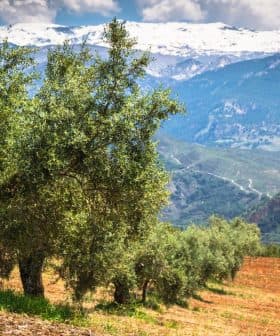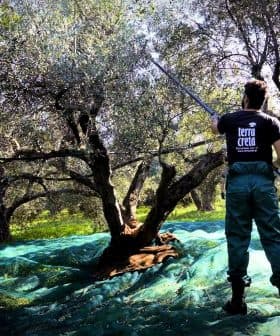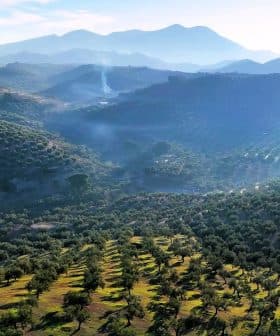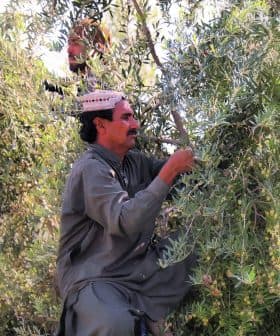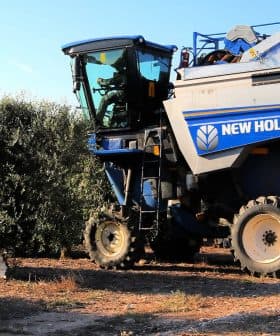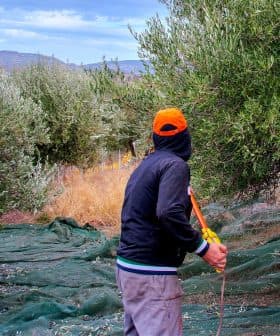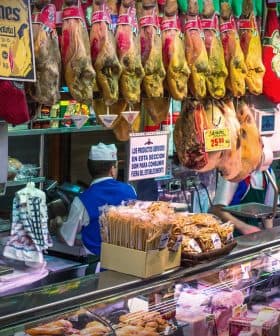Olive Growers in Extremadura Ask for Expansion of Wage Subsidies
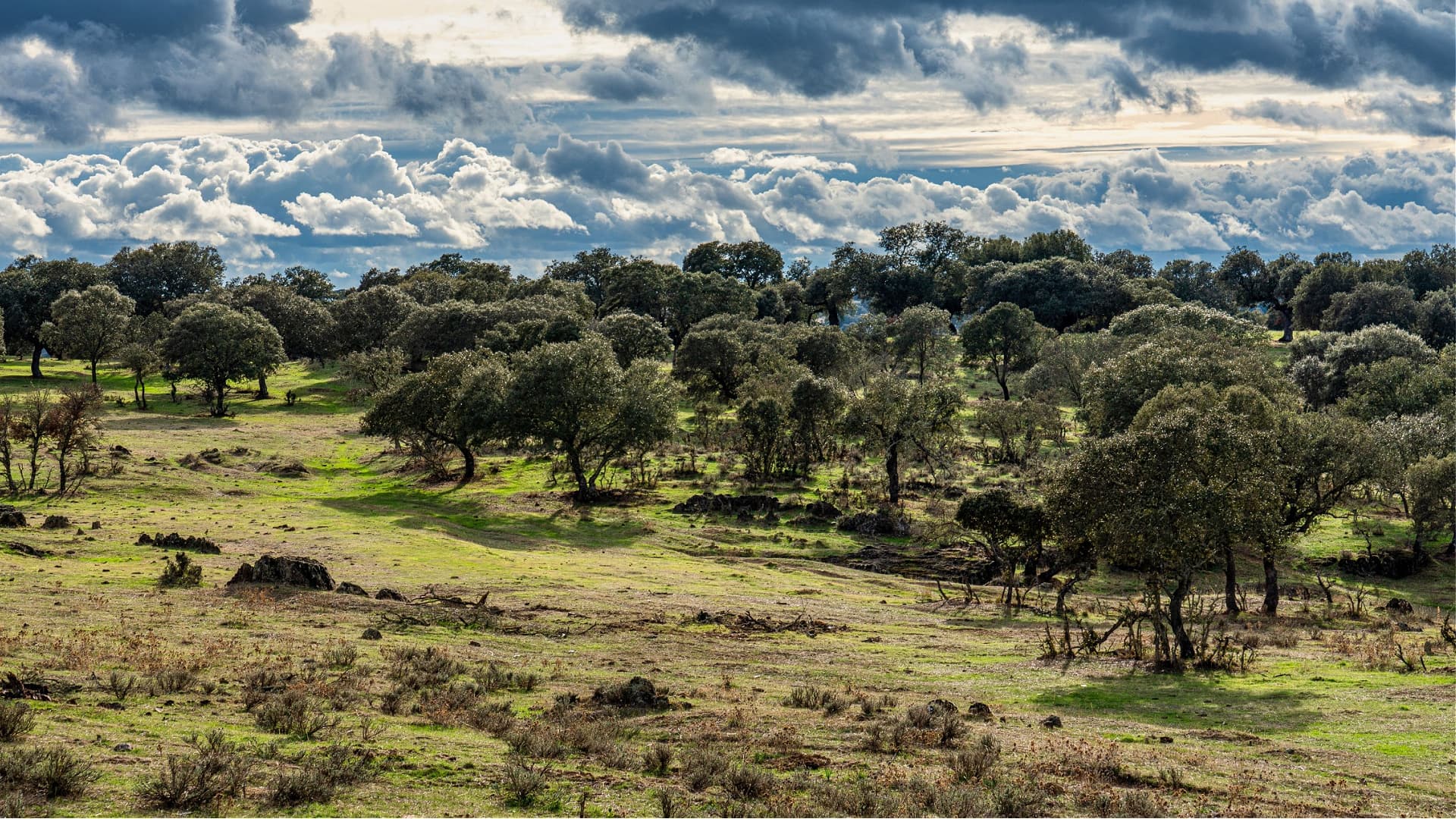
La Unión Extremadura has called for expanded wage subsidies for olive growers due to a significant decrease in production, leading to a predicted 60% decrease in olive oil production in the region. The regional government has committed to supporting the olive sector, with plans to invest 250,000 euros in its development over the next five years.
La Unión Extremadura, an agricultural union, has called on the central government to expand previously announced wage subsidies from seasonal workers to olive growers.
In October, the government lowered the minimum number of work days required for agricultural laborers to access unemployment support from 20 to 10 days in Andalusia and Extremadura.
The central government cited Spain’s precipitous production decrease, which has led many olive farmers to reduce the number of workdays dramatically.
See Also:As Reservoirs Dry Up, Spain Establishes Water Policy BoardThe decrease has been especially felt in Extremadura, Spain’s third-largest olive oil-producing region, home to 11 percent of the country’s olive groves. APAG Extremadura Asaja estimated the region would have its worst olive harvest in history.
“If the government of Spain understands that there has been a drastic decrease in production, especially in olive groves, due to climatological phenomena (drought and heat) and that for this reason, the workers must be helped, why not help the farmers who have suffered these climatological adversities,” the union said.
The union predicted that olive oil production in the region would decrease by 60 percent, while table olive production is expected to fall by 70 percent.
Compounding the expectations of a poor harvest are rising production costs, including fuel, electricity and fertilizer.
“Neither the Ministry of Agriculture nor the Junta de Extremadura has plans to help these producers,” the union wrote. “In addition to suffering these losses, their situation is aggravated by the impressive increase in production costs.”
In an indirect response to the union, Begoña García, the regional agriculture minister, told a conference that the government is committed to the olive sector.
“[The Junta de Extremadura] is 100 percent committed to the growth, improvement and innovation of the sector,” he said, pointing out that 250,000 had been earmarked for the development of the sector over the next half-decade.
“Extremadura, together with the west of Andalusia and Portugal, is the engine of the increase in the area ofolive groves in Spain,” he concluded.


